Health financing progress matrix assessment: Kazakhstan 2023
The report assesses Kazakhstan's health financing system using the WHO Health Financing Progress Matrix, highlighting significant improvements in coverage and reliance on public funding over the past two decades. However, it identifies challenges such as low public...
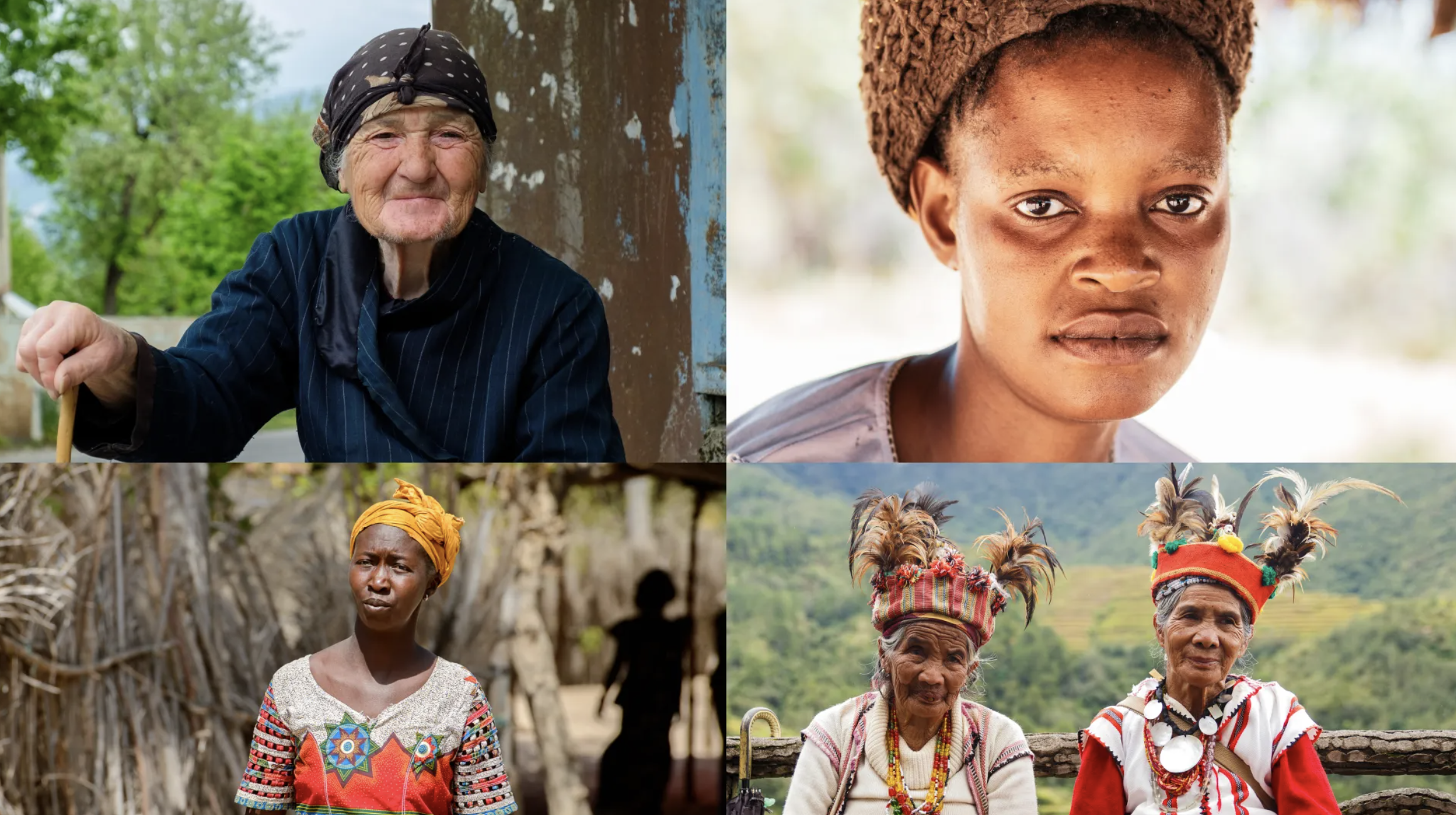
ATOM Coalition launches health financing case studies to improve cancer care in LLMICs
The ATOM Coalition's new case studies examine cancer care financing in Georgia, Kenya, the Philippines, and Zambia, offering policy insights to strengthen access in low- and middle-income countries. The Access to Oncology Medicines (ATOM) Coalition, led by the Union...
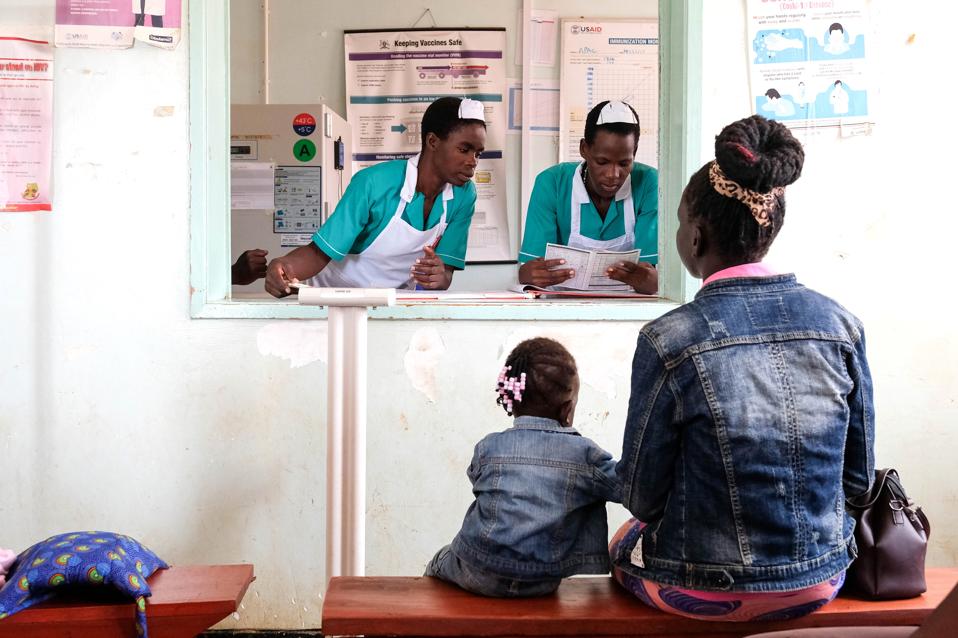
Tax reform in Africa could fill health funding gaps
As foreign aid dwindles, African nations are urged to improve tax systems to fund health needs. Experts stress the need for fairer, more transparent taxation to rebuild public trust. With foreign aid cuts deepening healthcare crises across Africa, experts and...
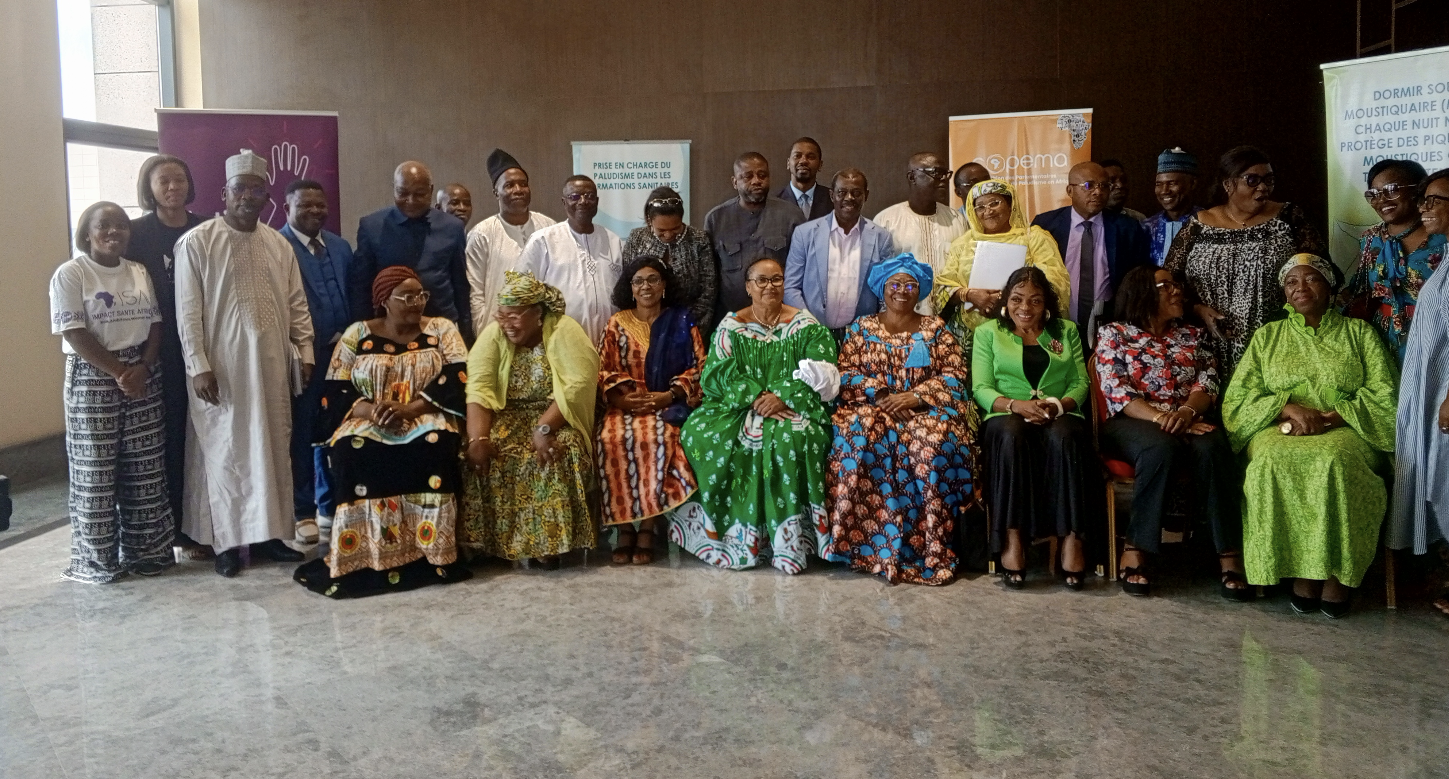
Cameroon’s parliament endorses bold action plan to strengthen malaria fight
Cameroonian MPs have endorsed a 2025-2026 action plan to strengthen the national fight against malaria, urging increased domestic funding and multisector collaboration.Members of Cameroon’s Parliamentary Caucus for Health Financing have adopted a new action plan to...

Financing Sustainable Development: How ADB’s Theme Bonds are Transforming the Region
Since 2010, the Asian Development Bank (ADB) has raised over $18 billion through specialized theme bonds to address critical challenges in water, education, and healthcare across the Asia-Pacific region, significantly improving access to clean water, educational...
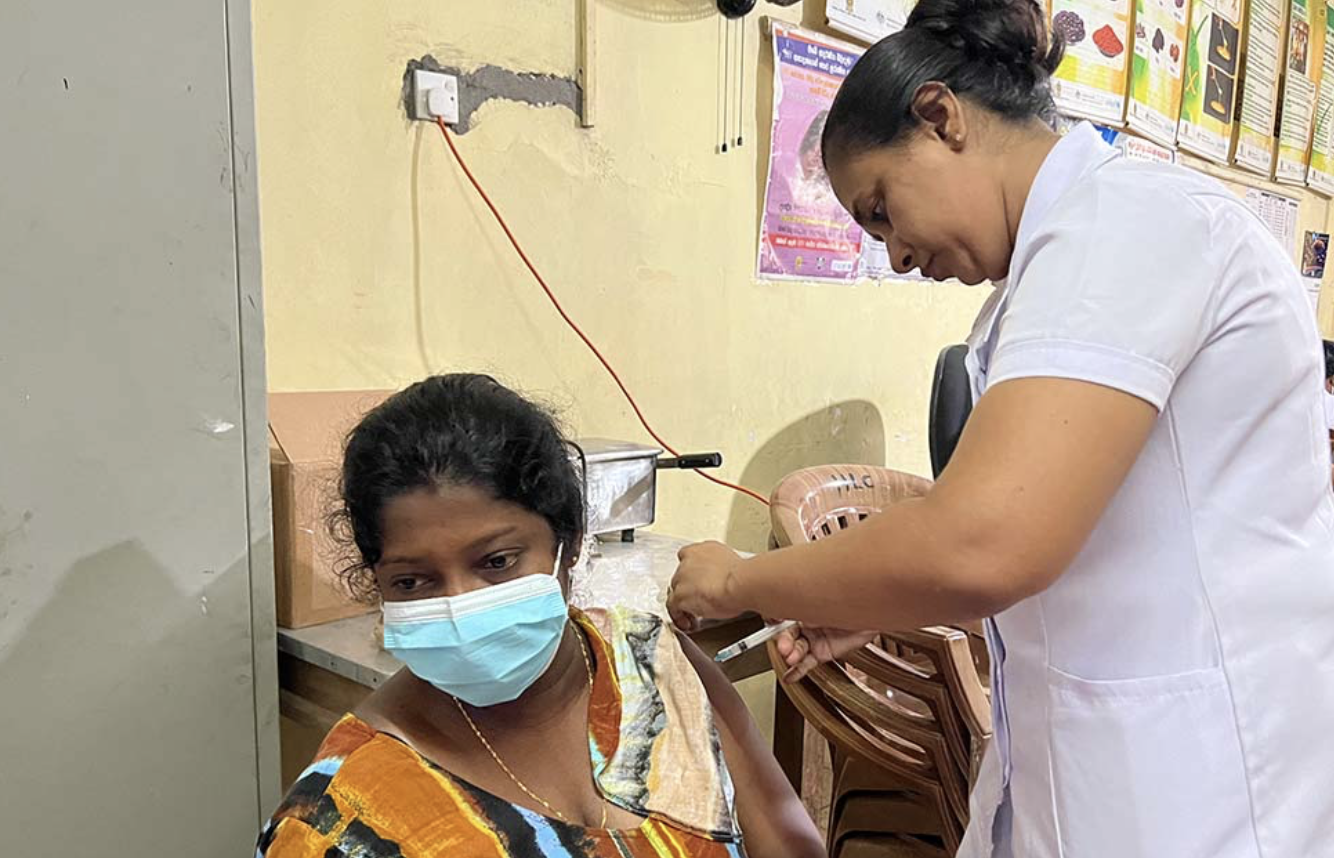
How Sri Lanka’s immunisation system is weathering an economic crisis
M. P. Nirmala, a 26-year-old woman who is a few weeks pregnant with her first child, embodies the confidence many Sri Lankan mothers feel about the country’s healthcare system. At the Divisional Hospital Thalangama, located about 9 kilometers from Colombo, Nirmala...

A new vision for universal health coverage in an age of global displacement
A Lancet Public Health article calls for a cosmopolitan approach to UHC that ensures migrants and refugees have equitable access to health care through global solidarity and inclusive financing.As global migration and displacement reshape societies, a new Lancet...

New OJK Regulation Requires 10% Co-Payment for Health Insurance Claims in Indonesia
The Financial Services Authority (OJK) will implement new regulations from January 1, 2026, requiring commercial health insurance products to adopt a co-payment scheme, coordinate benefits with the National Health Insurance program, and establish a Medical Advisory...
Reconfiguring health purchasing for universal health coverage: insights from Nepal with relevance to low- and middle-income countries
Nepal's shift to federalism and the National Health Insurance Program (NHIP) aimed for universal health coverage, but persistent structural flaws undermine strategic purchasing and system efficiency. The Ministry of Health and Population’s conflicting roles as...
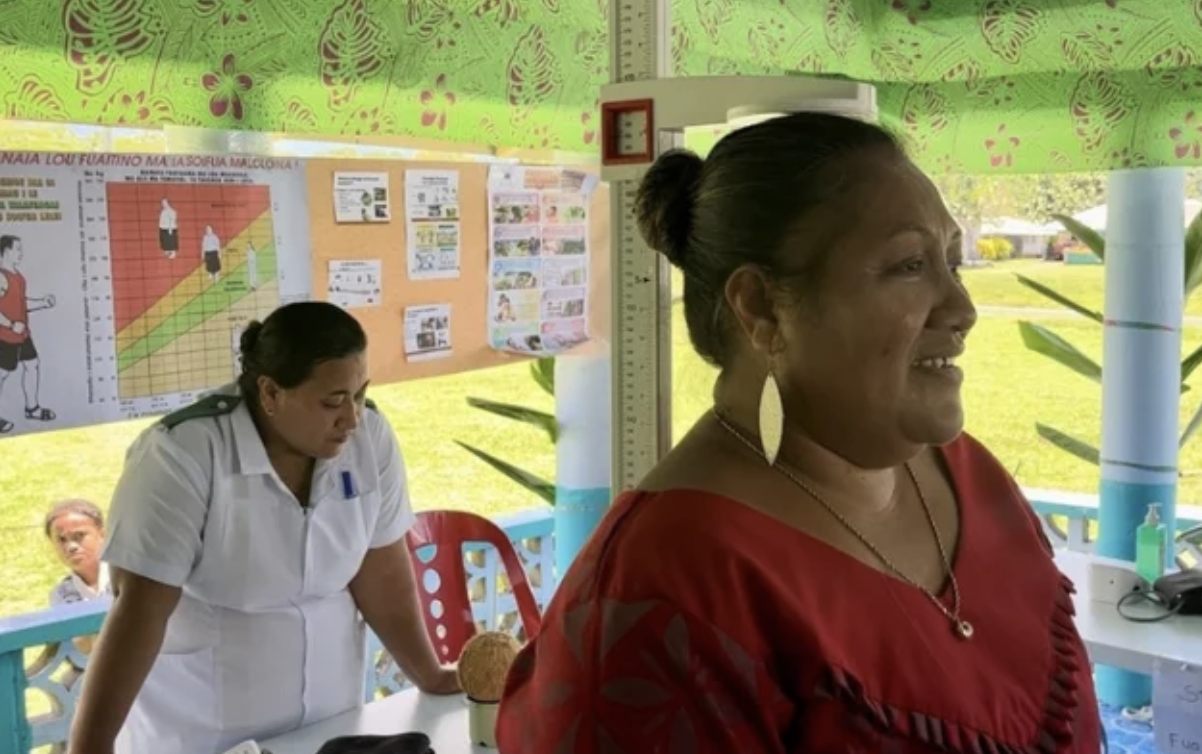
Transforming Health Care Access in the Pacific Islands
The COVID-19 pandemic revealed the need to invest in the service capability and resilience of the health systems of Pacific Island countries. Responding to this need, the World Bank launched three Health System Strengthening operations in Samoa (2020), Kiribati...
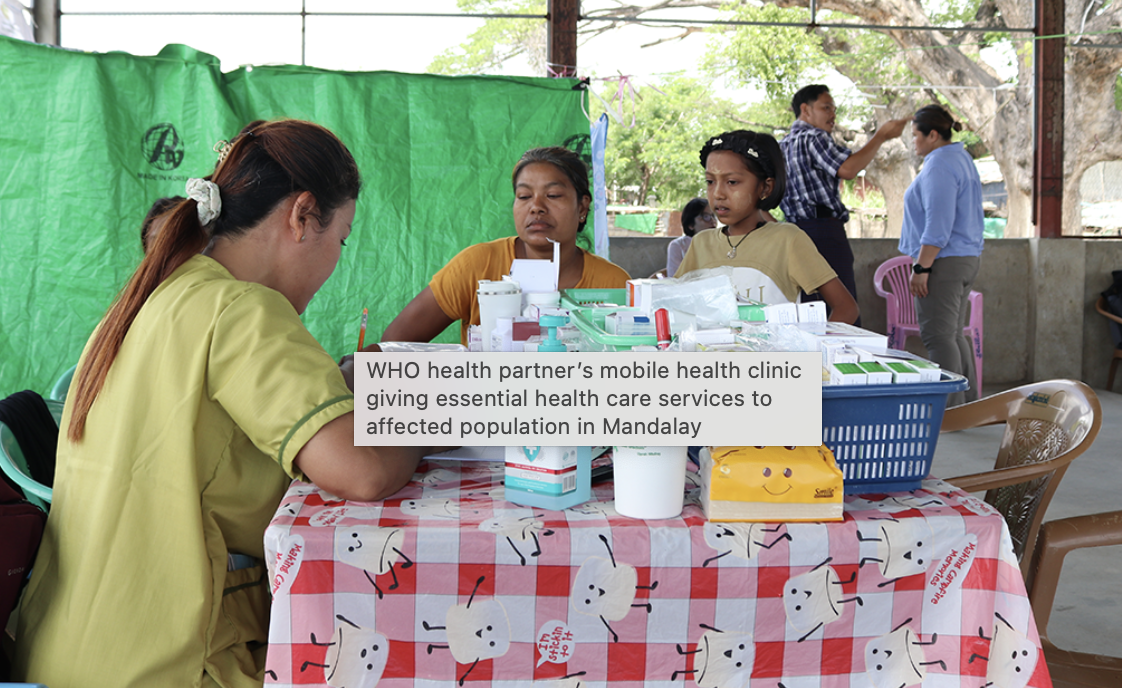
Delivering Care When It’s Needed Most: The impactful Power of Fast Funding
The March 2025 earthquakes in Myanmar devastated health services, overwhelming facilities and leaving thousands in urgent need of care. With rapid, flexible support from the WHO’s Contingency Fund for Emergencies, critical health supplies, disease prevention measures,...
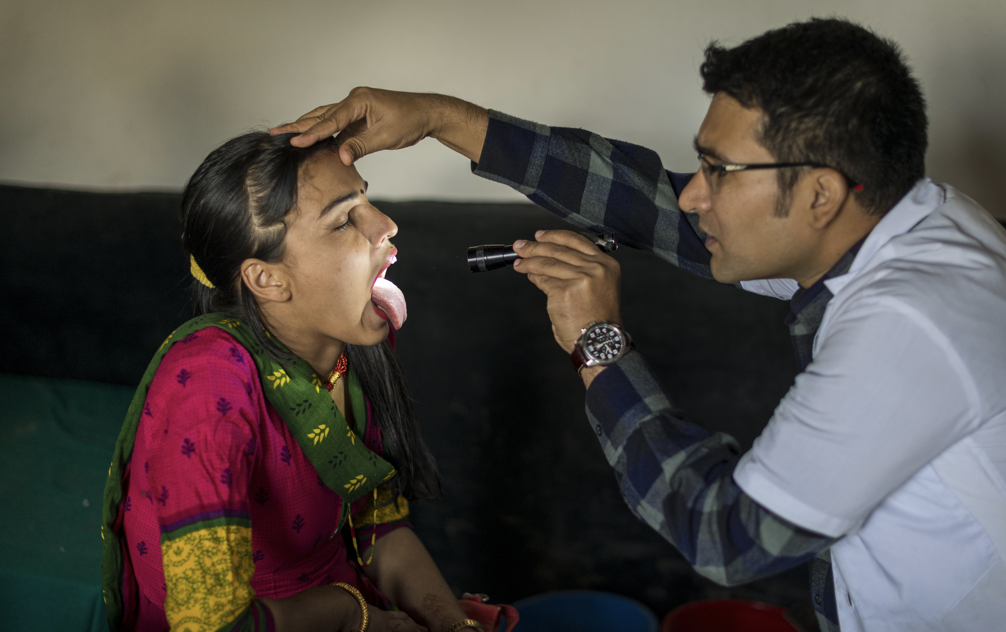
Nepal’s health insurance program: challenges and early impacts
Nepal’s National Health Insurance Program (NHIP), launched in 2016 to improve healthcare access and reduce costs, has faced low enrollment and high dropout rates due to concerns about service quality, lack of awareness, administrative delays, and affordability issues....

Tanzania turns to domestic taxes to close HIV and health funding gaps
Tanzania aims to raise Sh586.4 billion through new domestic taxes to close HIV and health financing gaps, as global donor support declines. The move marks a strategic shift in health financing.Tanzania has announced plans to raise Sh586.4 billion through new domestic...

Gavi and ADB to unlock sustainable immunisation financing in Asia
Gavi and the Asian Development Bank sign an agreement to expand health financing, support vaccine access, and strengthen health systems across 32 countries in Asia and the Pacific.Gavi, the Vaccine Alliance, and the Asian Development Bank (ADB) have signed a major new...

Health leaders chart path to sustainable, inclusive financing across the Commonwealth
At their 2025 meeting in Geneva, Commonwealth health ministers committed to long-term, equitable health financing, with a strong focus on innovation, primary care and support for vulnerable nations.At the 37th Commonwealth Health Ministers Meeting in Geneva, leaders...
